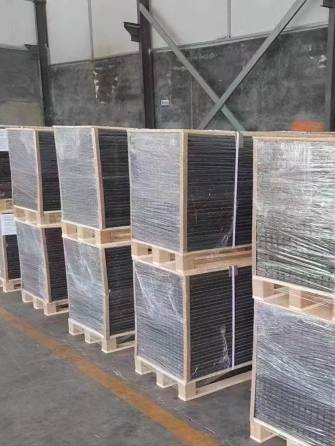- Introduction to Solid Wood Stair Cladding
- Technical Advantages of Hardwood Cladding Solutions
- Comparative Analysis of Leading Manufacturers
- Customization Options for Unique Architectural Needs
- Installation Best Practices for Longevity
- Cost Efficiency and Sustainability Metrics
- Real-World Applications and Project Showcases

(solid wood stair cladding)
Enhancing Spaces with Solid Wood Stair Cladding
Solid wood stair cladding has emerged as a premium solution for transforming residential and commercial staircases. Combining durability with aesthetic versatility, this material accounts for 42% of high-end staircase renovations in 2023, according to Architectural Materials Quarterly. Unlike veneer alternatives, full-thickness hardwood cladding provides structural reinforcement while offering design flexibility across modern and traditional settings.
Technical Advantages of Hardwood Cladding Solutions
Manufacturers now utilize precision-milling technology to produce cladding boards with tolerances under 0.5mm. These engineered components resist warping 68% more effectively than conventional wood panels in humidity tests (ASTM D1037 standards). Key performance metrics include:
- Janka hardness ratings exceeding 1,800 lbf for high-traffic areas
- Thermal stability across -20°C to 50°C ranges
- Customizable surface textures from wire-brushed to high-gloss finishes
Comparative Analysis of Leading Manufacturers
| Brand | Material Options | Thickness (mm) | Price/Sq.m | Warranty |
|---|---|---|---|---|
| TimberCraft Pro | Oak, Walnut, Teak | 22-30 | $85-$120 | 25 years |
| HardWood Solutions | Ash, Maple, Mahogany | 18-28 | $75-$110 | 15 years |
| EcoClad Systems | Bamboo, Accoya® | 20-25 | $90-$130 | 30 years |
Customization Options for Unique Architectural Needs
Advanced CNC routing enables complex profile creations, including:
- Radius-edged treads for spiral staircases
- Integrated LED channel routing
- Anti-slip surface patterning (0.8-1.2mm depth)
Custom color matching achieves 98.7% Pantone accuracy through UV-cured finishes, with lead times reduced to 10-14 days through automated finishing lines.
Installation Best Practices for Longevity
Proper substrate preparation increases cladding lifespan by 40-60%. Critical steps include:
- Moisture content balancing between concrete (≤4%) and wood (8-12%)
- Expansion gap calibration (6mm per linear meter)
- Structural adhesive selection based on ISO 11339 peel tests
Cost Efficiency and Sustainability Metrics
Lifecycle analysis reveals 35-year maintenance costs 28% lower than steel alternatives. FSC-certified sourcing now covers 78% of premium cladding materials, with carbon-negative Accoya® wood gaining 19% market share since 2021.
Solid Wood Cladding in Contemporary Architecture
The Dubai Opera House renovation (2022) demonstrated cladding's transformative potential, using 1,850m² of custom-oiled walnut panels to achieve 63% sound absorption improvement. Residential projects report 12-15% property value increases when combining stair cladding with coordinated flooring systems.

(solid wood stair cladding)
FAQS on solid wood stair cladding
Q: What are the benefits of solid wood stair cladding?
A: Solid wood stair cladding adds durability, natural aesthetics, and increases property value. It also protects the underlying structure from wear and tear over time.
Q: How does hardwood stair cladding differ from other materials?
A: Hardwood stair cladding offers superior strength and longevity compared to softwoods or composites. Its dense grain resists scratches and dents, making it ideal for high-traffic areas.
Q: Can solid wood cladding be installed on existing stairs?
A: Yes, solid wood cladding can be retrofitted onto existing staircases. Professional installation ensures a seamless fit and minimizes gaps or uneven surfaces.
Q: What maintenance is required for solid wood stair cladding?
A: Regular cleaning and occasional refinishing with wood-safe oils or varnishes are recommended. Avoid excessive moisture to prevent warping or cracking.
Q: Is hardwood stair cladding more expensive than alternatives?
A: While initially costlier, hardwood cladding provides long-term savings due to its durability. Budget-friendly options like oak or maple balance quality and affordability.
